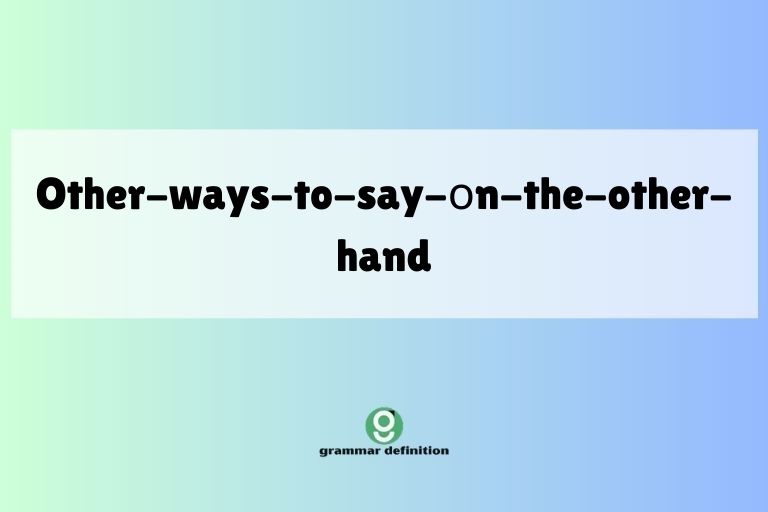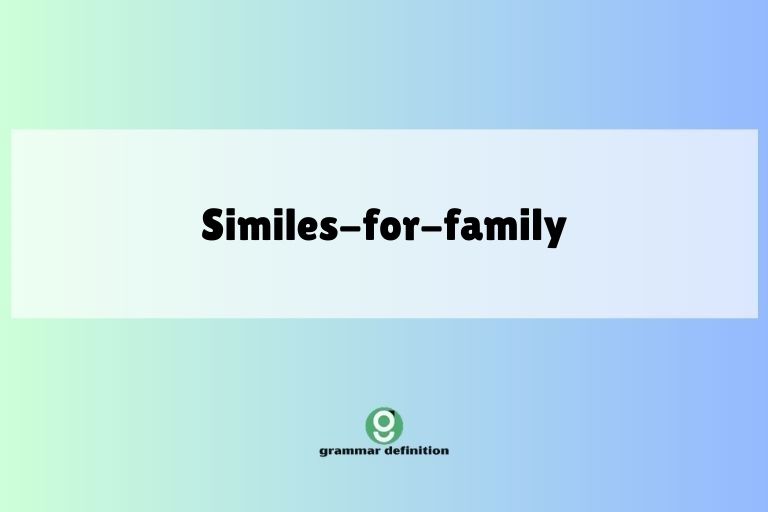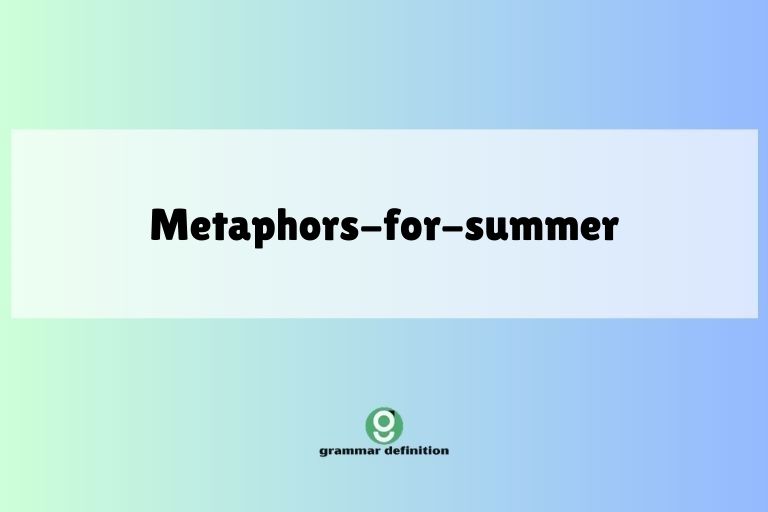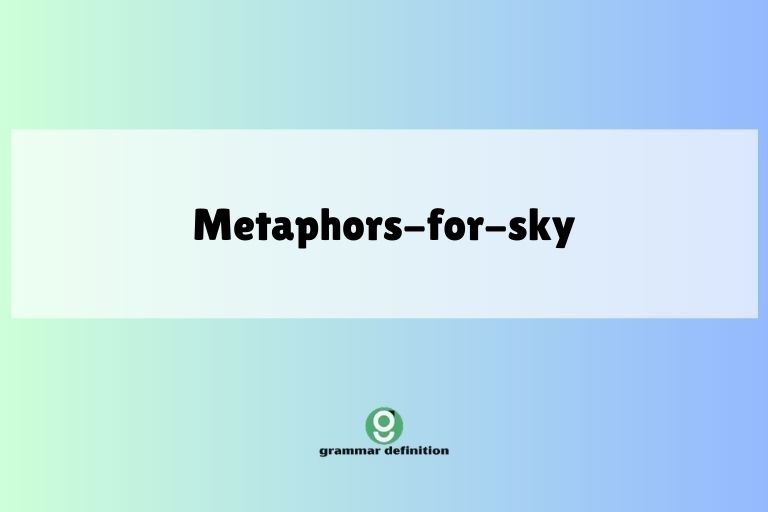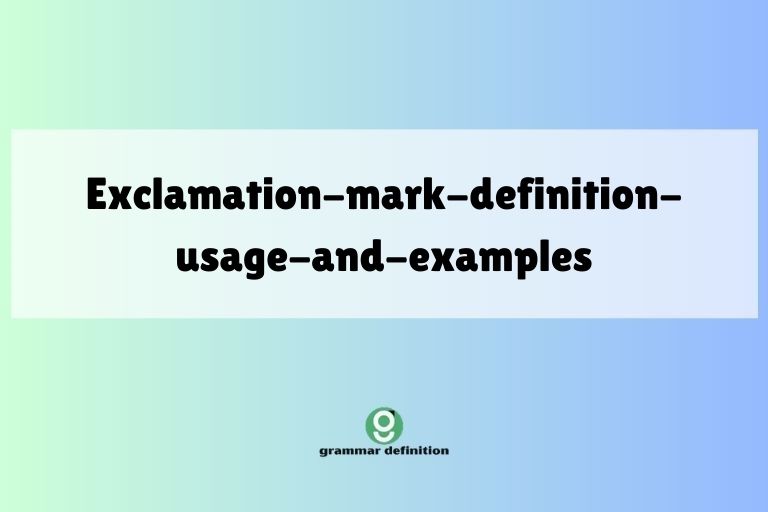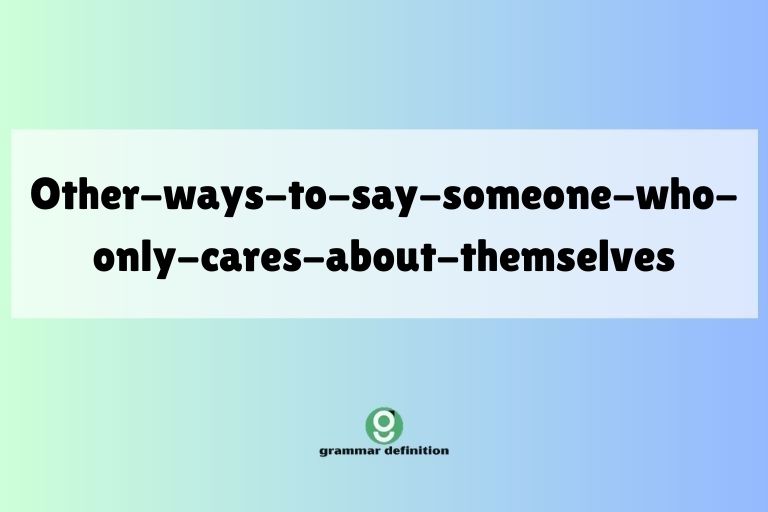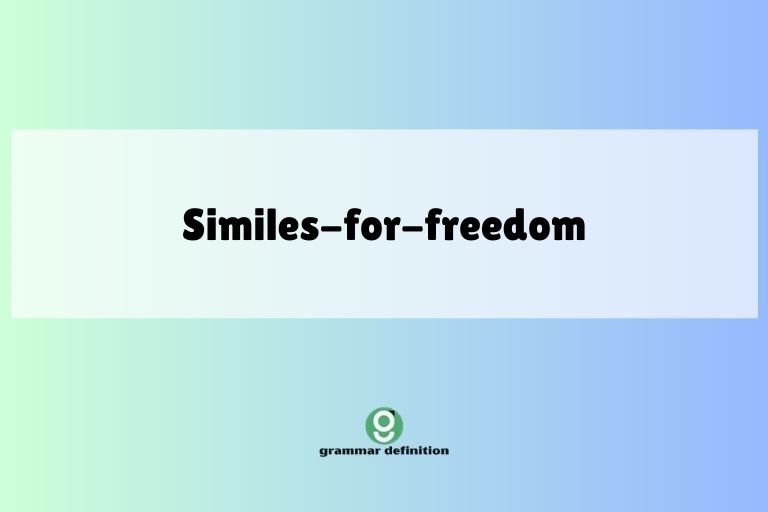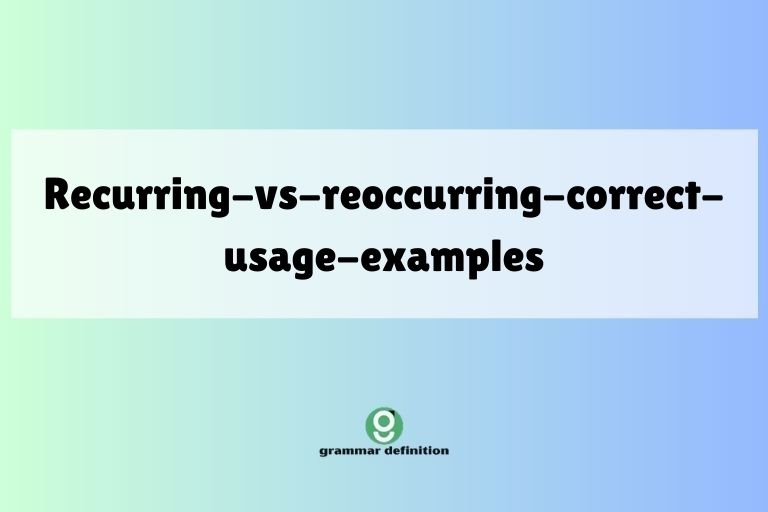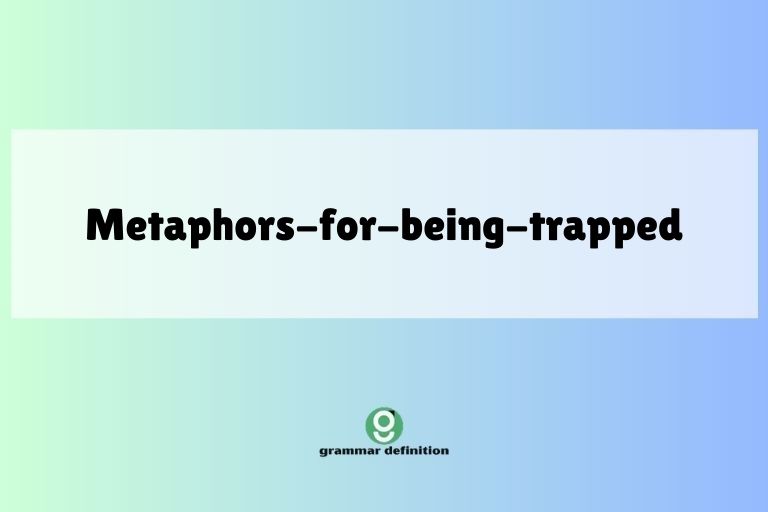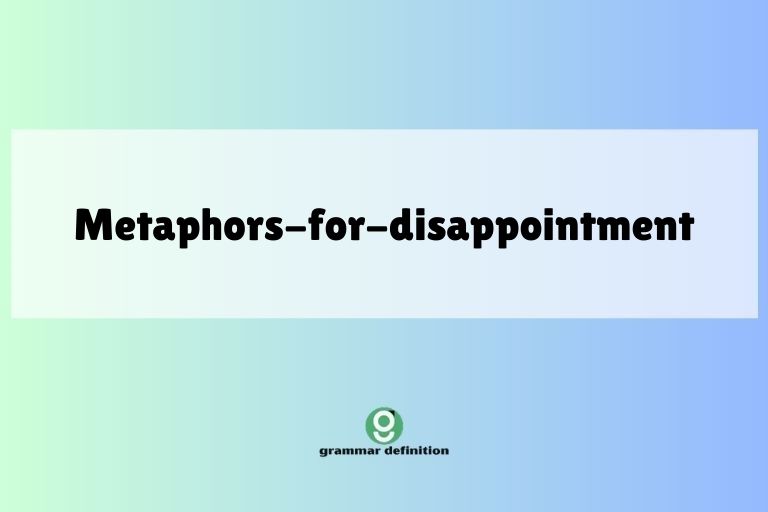Beyond ‘On the Other Hand’: Diverse Ways to Express Contrast
Expressing contrasting ideas is a fundamental aspect of effective communication. While “on the other hand” is a common phrase used to introduce opposing viewpoints, relying solely on it can make your writing and speech sound repetitive. This article explores a wide range of alternative expressions that can add nuance, sophistication, and clarity to your contrasting … Read more

